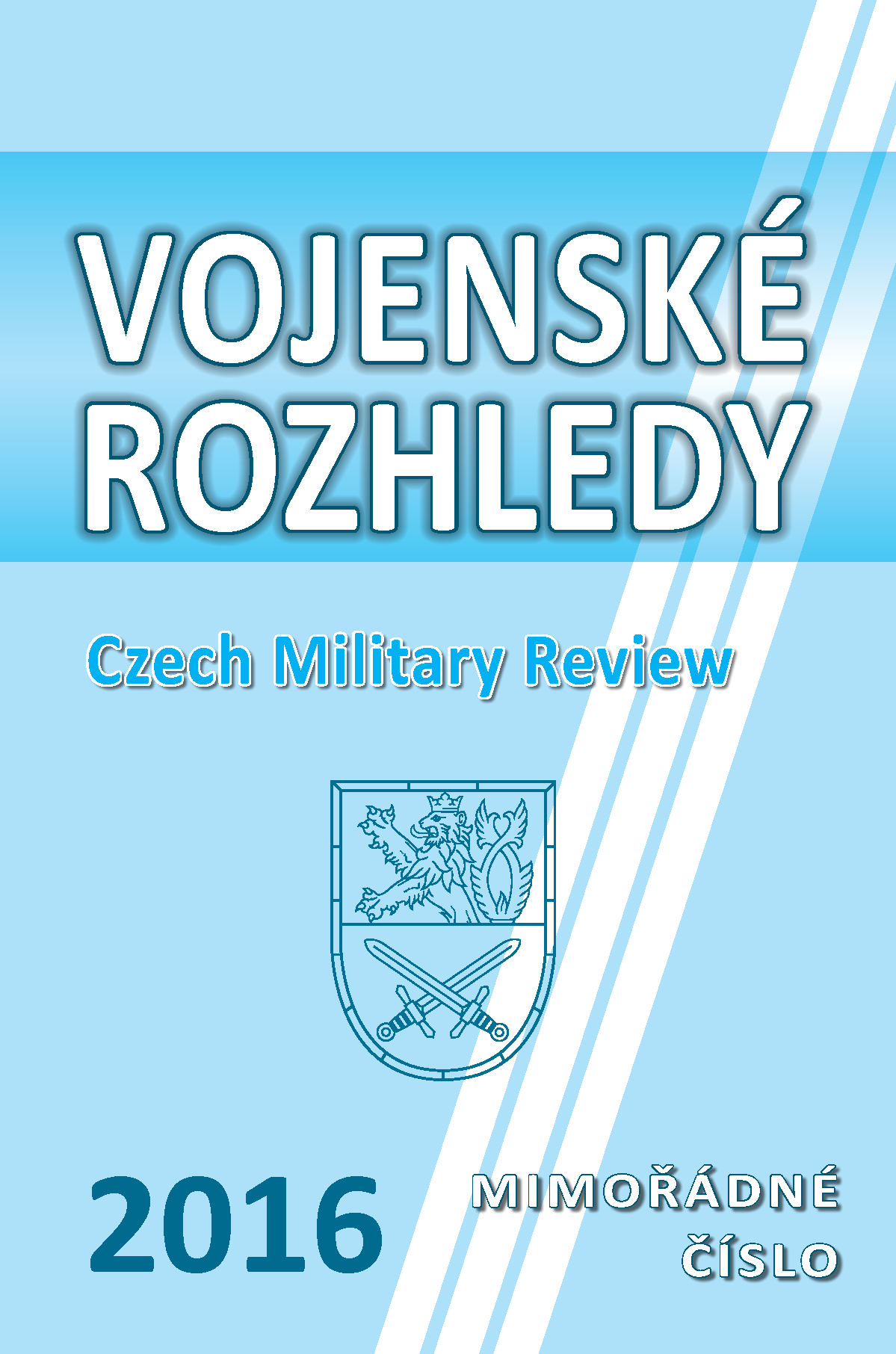Hybrid Warfare - Cases of Croatia and Ukraine
Hybrid Warfare - Cases of Croatia and Ukraine
Author(s): Slavko Barić, Robert Barić, Jugoslav JozićSubject(s): Comparative history, Security and defense
Published by: Univerzita obrany - Centrum bezpečnostních a vojenskostrategických studií
Keywords: Hybrid Warfare; War; Information Operation; Croatia; Ukraine; Russian Federation
Summary/Abstract: Despite the attempts of labeling hybrid warfare as a new form of warfareor even as a factor that is changing the nature of war, hybrid warfare ispart of a war from the Antiquity to the present day. The essence ofhybrid warfare is in parallel use of regular and irregular military forcesand different means of pressure by a power unwilling to openly attack aweaker opponent. Information dimension is analyzed in the cases ofhybrid warfare against Croatia (1990-91) and Ukraine (2014). In bothcases the key target of hybrid warfare was social cohesion of theattacked countries. In the Croatian case, despite a strong propagandacampaign followed by the direct and indirect use of military force, theattacking side was unable to break social cohesion of the majority ofCroatia's population. In the Ukrainian case, the lack of social cohesion hasprevented organization of the efficient response to hybrid warfarewaged by the Russian Federation. Both cases also indicate thesignificance of national identity in preserving a society's social cohesion.Despite the attempts of labeling hybrid warfare as a new form of warfare or even as a factor that is changing the nature of war, hybrid warfare is part of a war from the Antiquity to the present day. The essence of hybrid warfare is in parallel use of regular and irregular military forces and different means of pressure by a power unwilling to openly attack a weaker opponent. Information dimension is analyzed in the cases of hybrid warfare against Croatia (1990-91) and Ukraine (2014). In both cases the key target of hybrid warfare was social cohesion of the attacked countries. In the Croatian case, despite a strong propaganda campaign followed by the direct and indirect use of military force, the attacking side was unable to break social cohesion of the majority of Croatia's population. In the Ukrainian case, the lack of social cohesion has prevented organization of the efficient response to hybrid warfare waged by the Russian Federation. Both cases also indicate the significance of national identity in preserving a society's social cohesion.
Journal: Vojenské rozhledy
- Issue Year: 25/2016
- Issue No: MC
- Page Range: 104-123
- Page Count: 19
- Language: English

